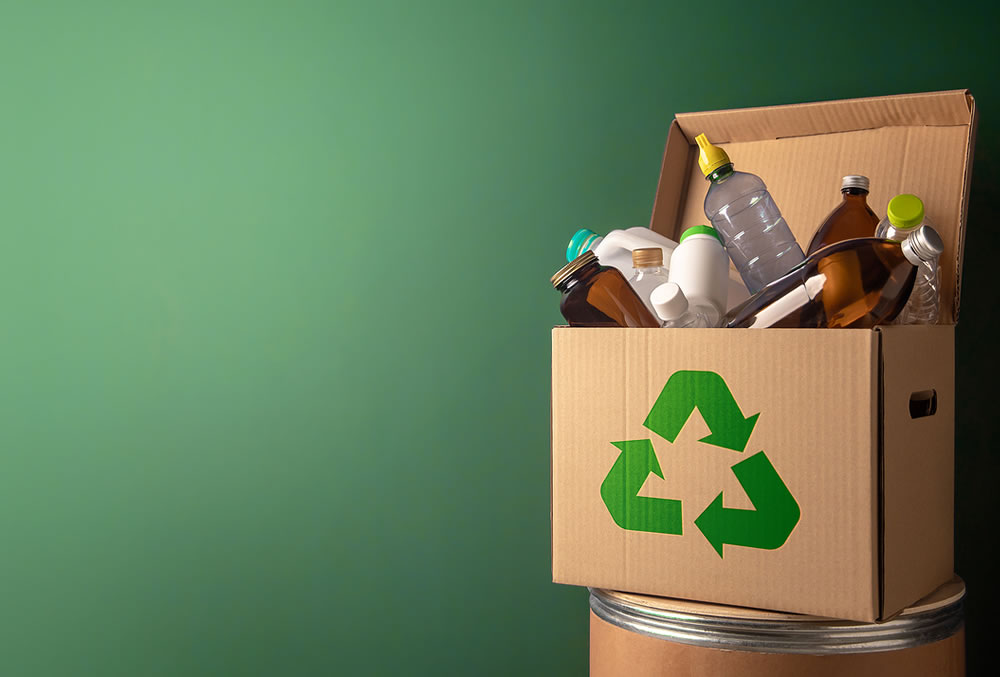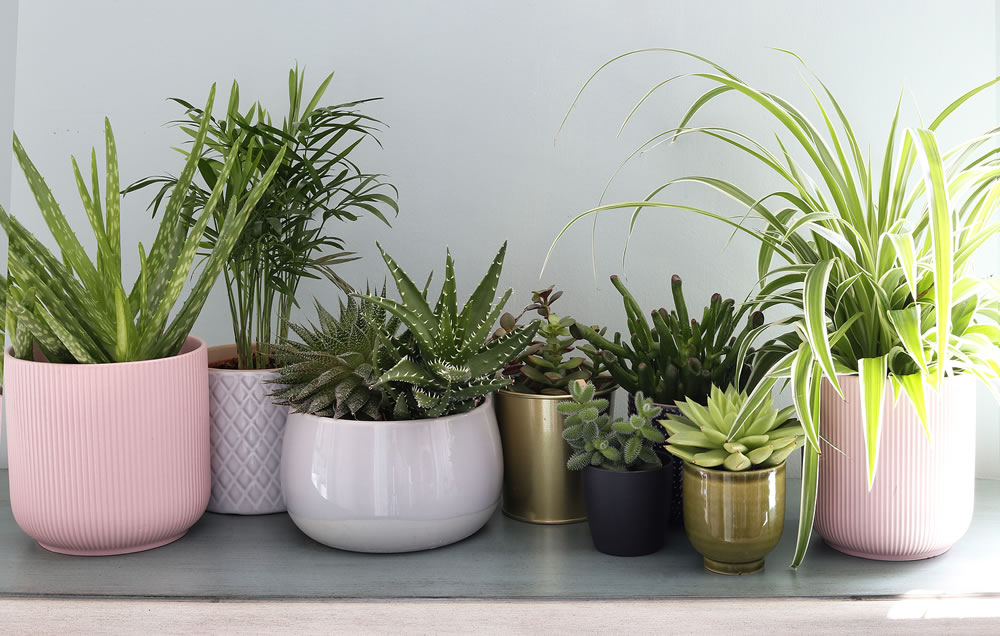Climate change has become a hot topic over recent years, and concern for the plight of our planet, and the future generations that will depend on it, has surged dramatically as issues like ocean acidification, loss of biodiversity and excessive waste and pollution have come to the forefront.
Now, more than ever, we’re looking for ways to reduce our environmental impact and live more sustainably – and while it’s understandably frustrating to know that just one per cent of the world’s companies are responsible for more than 71 per cent of global emissions, it’s still reassuring to know that if we all do our bit, together, we can make an impact.
Sustainable living is important because not only does it improve our current quality of life, but will also do so for the generations to come. Protecting our ecosystems and preserving natural resources are vital while we still have the power to make a difference, and while you might feel like you’re already doing all you can, there are still some simple changes you can make to your day to day life that will minimise your impact without inconveniencing you.
From paying closer to attention to what you do with your waste to leaving your lawn to flourish, try these simple tips this summer.
Manage your waste sustainably

With the increasing awareness of climate change and its effects, reducing the amount of waste you produce is one of the biggest ways to reduce your environmental impact – and sustainable waste management is a great place to start.
Essentially, sustainable waste management is the process of managing waste in a way that meets current environmental, social, and economic needs while protecting public health and the environment for future generations, and includes reducing, reusing, and recycling waste materials as well as preventing pollution.
According to the experts at anylondonwaste.co.uk, there are some easy ways to do your bit. You can start by reducing the amount of waste you create by evaluating your daily habits and looking at where you can make some changes – for example, by buying products with less packaging, or packaging that can be recycled and avoiding single-use items such as straws, coffee cups, and plastic bags. Reusing where possible is another great way to minimise waste – for example, by repurposing old clothing, furniture, and electronics instead of throwing them away; recycling paper, glass, plastic, and metal materials and composting food and other organic waste to create nutrient-rich soil for your garden.
Of course, prevention is better than cure, so avoid being a part of the problem in the first place by ensuring you don’t litter or dump waste in waterways, properly dispose of hazardous materials such as paints, oils, and cleaning products and avoid using pesticides and herbicides in your garden.
If you can, choose to support businesses that practice sustainable waste management practices – and if you run a business yourself, then order rubbish removal and waste collection from reputable companies to ensure you’re handling things as efficiently as you can. Check out Any London Waste’s website to find out more about commercial waste management.
Choose green energy suppliers

With energy prices soaring, one of the most appealing – and obvious – ways to reduce your carbon footprint right now is by reducing the amount of gas and electricity you’re using in your home. This seems easier during the summer months, when longer, lighter evenings mean that turning the lights off isn’t a problem, and warm temperatures mean you’re unlikely to want to put the heating on – but when the season makes way for autumn and then winter, you’ll want to make sure you have a contingency plan in place.
Swapping to a green energy supplier is a great option if you haven’t done so already, but do your homework carefully before choosing which ones to go with as there are various ‘shades of green’ and not all so-called green providers are created equal.
Choose a supplier that offers 100 per cent renewable energy from wind and water, and you’ll be on the right track – but don’t fall into the trap of thinking that it’s OK to leave your appliances on once you’ve made the change. It’s still important to minimise your energy consumption as much as you reasonably can do, so keep doing the little things like turning electricals off standby and hanging out your washing instead of using the tumble dryer.
Embrace the power of plants

Houseplants have played a major role in interior design trends over recent years – but filling your home with greenery has more benefits than aesthetic appeal alone. Through the process of photosynthesis, they convert the carbon dioxide you exhale into fresh oxygen, as well as removing toxins from the air. One study, conducted by NASA back in 1989, even appeared to find that indoor plants can suck cancer-causing compounds like benzene and formaldehyde from the air – so if you’re currently rocking a minimalistic look in your home and have yet to embrace the ongoing trend for bringing the outdoors indoors, then now is the time to visit the garden centre.
Moving outdoors, spring and summer often bring with them great pressure to have the most immaculate lawn on the street – but don’t be so quick to decimate long grass and weeds like dandelions and daisies, because these are vital for supporting nature.
With around 13 bee species now extinct and a further 35 considered at risk in the UK, it’s vital we support these key pollinators with the plants they need to thrive. Our gardens provide a much-needed shelter and nesting places for bees, but mowing your lawn as often as weekly or more can prove detrimental to them. According to research, mowing just fortnightly will help to increase bee population by as much as 30 per cent – so if you needed an excuse to take it easy when it comes to gardening, then you’ve got one.






















